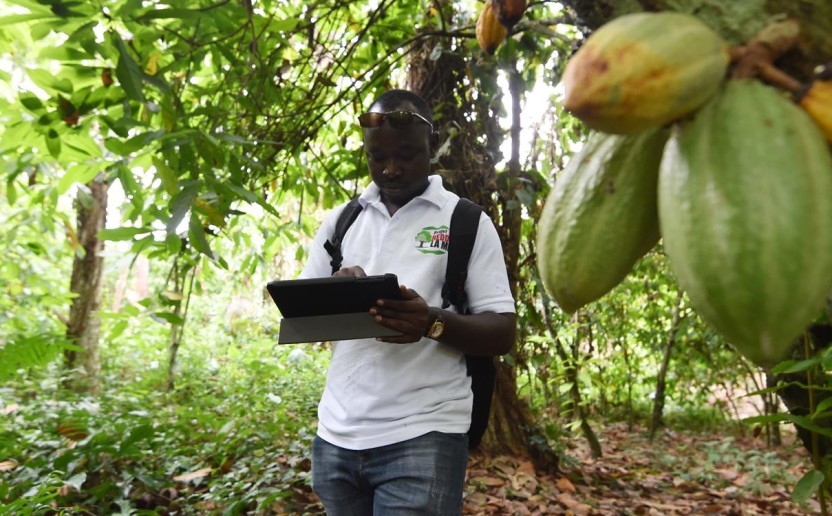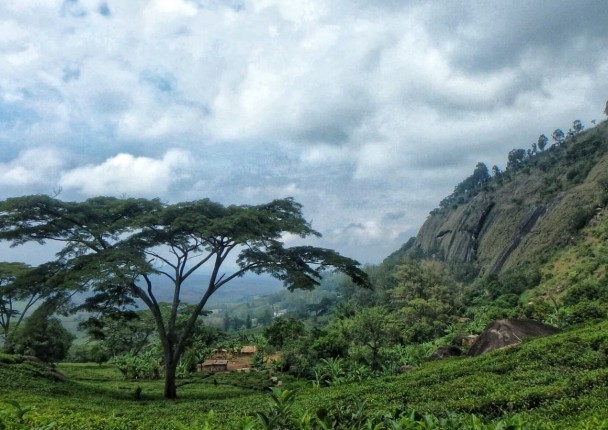CARBOFIN - Carbon Finance & Development Training Module
Partners
Main goals
- Offer an introduction to carbon finance to local elected representatives (Rhône-Alpes Region and Ferlo Region - Senegal)
This training presented the existing financing mechanisms (CDM and voluntary markets) illustrated by concrete case studies.
Activities
Climate change has become an integral part of political strategies in the North as well as in the South. The overwhelming majority of the scientific community recognizes that the current increase in the concentration of Greenhouse Gases (GHGs) in the atmosphere is caused by human activity and has the direct effect of increasing global greenhouse gas emissions. temperatures.
For several years now, indicators, models among other scientific instruments, have been developed which make it possible to specify GHG emission factors and their impacts on the environment, health, etc. Different fields of research are now available. works to understand and interpret the systemic causes of GHG emissions and human activity today in order to think and create tools and corrective mechanisms. Very quickly, a transversal notion appeared at the heart of the concept of sustainable development, that is to say at the crossroads of reflections around a viable economy, a balanced society and a sustainable environment; this notion is that of "common good of humanity" to designate elements, phenomena that are originally natural: climate, water, biodiversity ... However, in our globalized societal system, what is the common good is to everyone, and what is to everyone is to no one!
Overall, the tools and mechanisms that can be put in place give economic value to the common good. Thus, this good becomes negotiable and its trade becomes regularizable. Nevertheless, by making it marketable, the element of common good is destined to become a private property ... This is a point that focuses the controversy on them, without appearing as interesting alternative as effective.
Unlike the water that is paid for and whose system regulates itself on a fairly local scale, the climate is global, and the consequences of its change are heterogeneous and unfairly distributed in relation to the main managers. In fact, the countries of the inter-tropical zones are expected to undergo the greatest upheavals, whereas the industrialized countries, which are the largest polluters of history, will suffer, a priori, only from lesser changes. It is for these reasons that the new instruments of carbon finance stand out. Some, the Clean Development Mechanisms (CDMs) are worn by the United Nations, the most comprehensive governance scale that exists today. Others are promoted by the private sector. Their respective operations vary around a constant: the notion of rights to pollute license, carbon credit. These are traded according to the supply created by reductions or sequestration of emissions and demand corresponding to the emissions generated by human activities. For the moment, the African continent, despite its supply potential, suffers from very poor access to carbon markets.
We believe that training for local capacity building for the valorization of environmental services rendered, particularly through carbon finance, appears to be an important lever for development. We therefore committed, with the support of the Rhône-Alpes region, to train development executives from different regions of Senegal in a short module.
Mé REDD+ Project - To tackle deforestat…


